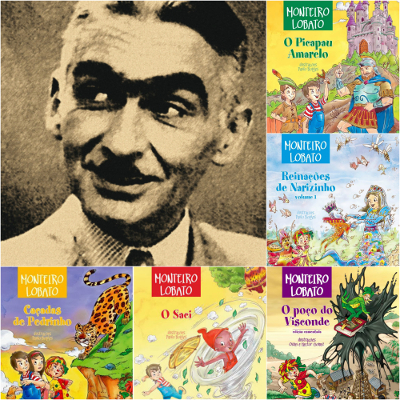
History Įmília is a rag doll described as "clumsy" or "ugly", resembling a "witch" that was handmade by Aunt Nastácia, the ranch's cook, for the little girl Lúcia, also known as "Little Nose". Since 1951, Emília has been adapted to stage plays, theatrical films and television series, portrayed by several actresses (eleven altogether) throughout the decades in Brazil.


Even though, Lobato has stated that Emília is "sometimes so independent that neither I, nor her father, succeed in controlling her". A doll with a rough, antagonistic personality and an independent, anarchist behaviour, Emília is Lobato's most popular creation alongside Jeca Tatu and, according to studies and analyses of his work, she is his personification in the stories and that, towards the character, Lobato expresses his own ideas. Pedro "Pedrinho" Encerrabodes de OliveiraĮmília, also known as the Marchioness of Rabicó or Emília, A Boneca Gente ("The Human Doll") is a fictional character and a titular of the Sítio do Picapau Amarelo series of fantasy novels written by Brazilian author Monteiro Lobato.

Lúcia "Little Nose" Encerrabodes de Oliveira (owner) Campos for Memórias de Emília.ĭulce Margarida (Some Few Episodes In 1952 TV series)


 0 kommentar(er)
0 kommentar(er)
